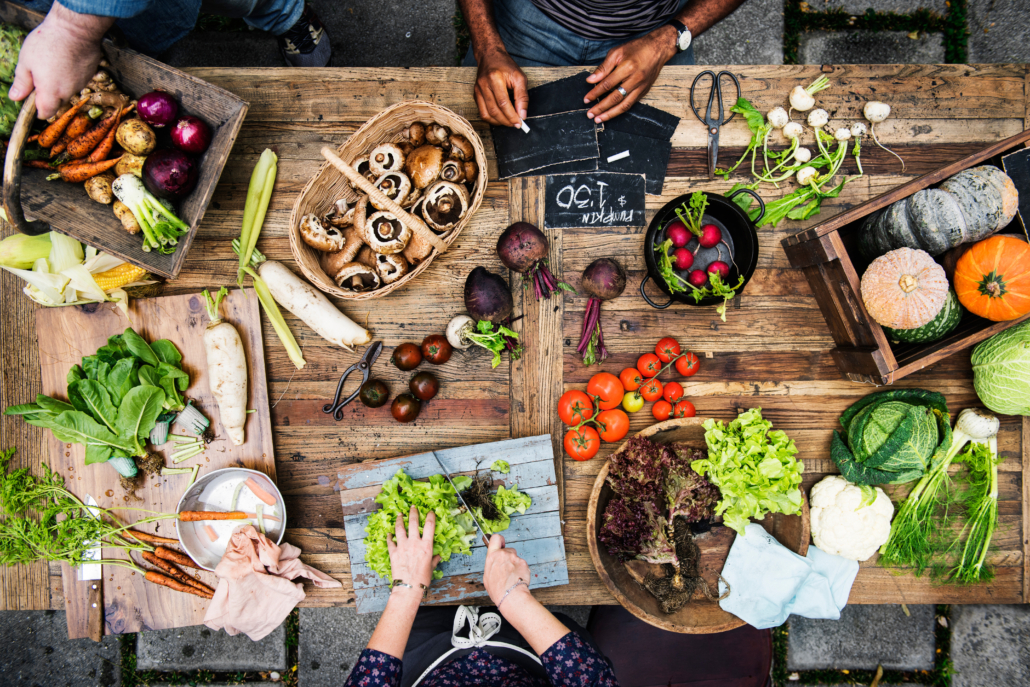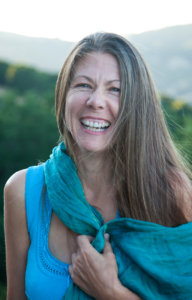From Sacrifice to Self-Care: How Caring for Your Body Transforms Your Life
When I reflect on my conversation with Jeanne Byrd for my podcast, I’m struck by how deeply her story of neglecting her own needs mirrored my own—and likely many of yours. Jeanne’s experience in the demanding film industry led her to put her physical well-being on the back burner, sacrificing herself for the sake of her career. That resonated with me because I’ve done the same in relationships, giving and giving until there was nothing left of me.
For many of us who experienced early trauma, this pattern of self-neglect is familiar. Childhood wounds often teach us to strive for worthiness by taking care of others while abandoning our own needs. But here’s the truth: self-sacrifice doesn’t make you worthy. Recognizing this pattern and choosing self-care instead is an act of reclaiming your power. It’s not selfish—it’s survival and transformation.
Food as Medicine: Choosing Nourishment Over Neglect
I’ve always believed that healing the wounds of the past requires addressing both the emotional and physical aspects of our lives. Jeanne and I agreed on one crucial thing: food is medicine. Unfortunately, many of us are stuck in habits that reflect how we feel about ourselves. The Standard American Diet (SAD) is not designed to nourish—it’s designed for convenience and addiction, and it often mirrors the emotional neglect we’ve internalized from our past.
Choosing nutrient-rich foods is a form of self-love. It says, “I matter, and I deserve to feel good.” This doesn’t mean you have to overhaul everything overnight. Start small. Jeanne shared a simple but powerful tip: swap out unhealthy options like ice cream for frozen fruit purees. This one change can boost your energy, shift your mood, and show you the power of taking just one step in the direction of care.
Try This: What’s one unhealthy habit you can replace with a nourishing choice? Take it one day at a time and notice how it makes you feel.
The Gut-Heart Connection: Healing from the Inside Out
If you’ve ever felt “off” emotionally and couldn’t quite put your finger on why, it might be time to look at your gut health. I’ve learned through my conversation with Jeanne—that our gut, often called the “second brain,” plays a massive role in our emotional well-being. The gut and brain communicate constantly, influencing our mood, stress levels, and even our capacity for connection.
For those of us healing from trauma, healing the gut is like creating a stronger foundation for emotional resilience. Even small changes, like adding gut-friendly foods (berries, whole grains) and avoiding inflammatory combinations (white flour and potatoes), can make a significant difference. It’s not just about food—it’s about how you feel in your body and your relationships.
Action Step: Reflect on your current diet. What foods could you add that truly nourish your body and mind? Start with one gut-friendly food this week.
Movement as Medicine: Honoring Your Body with Action
Movement has been one of the most transformative tools in my healing journey. I’ve experienced how even small, intentional actions—like walking outside or stretching—can change my mood, energy, and outlook. Movement isn’t just about getting fit; it’s about honoring your body, showing up for yourself, and reconnecting with the vessel that carries you through life. Remember, movement isn’t about punishment; it’s about joy and connection. When we move, we remind ourselves that we are alive, capable, and worthy of care.
Start Small: Commit to just 10 minutes of movement a day. Notice how it shifts your mood and reconnects you with your body.
Transforming Beliefs: From “I Don’t Matter” to “I Am Worthy”
The beliefs we carry from childhood shape everything—what we eat, how we treat our bodies, and the relationships we attract. For years, I carried the false belief that I didn’t matter. It influenced how I cared for myself (or didn’t) and the kind of love I accepted into my life. The work of healing begins with questioning these beliefs. What’s more true than “I don’t matter?” These shifts take time, but each step you take—whether it’s eating better, moving your body, or speaking kindly to yourself—reinforces the truth of your worth.
Reflection Exercise: Pay attention to how certain choices make you feel. Are they aligned with the belief that you matter, or are they reinforcing neglect? Start choosing actions that affirm your worth.
Building Trust and Accountability: Finding Support on the Journey
For many trauma survivors, trust is a challenging concept. It’s hard to rely on others when trust was violated early on. But healing doesn’t happen in isolation and it’s important to find a guide—someone who can hold space for you, remind you of your strengths, and support you when taking those first steps feels impossible.
If you’re hesitant to trust, know that it’s okay. Start small. Find someone who listens, cares, and holds you accountable with kindness. Healing is a process, and having someone by your side can make all the difference.
Pro Tip: Look for a coach, mentor, or community that feels aligned with your goals. Trust is built over time, one small step at a time.
Small Actions, Big Transformation: Start Today
Here’s what I’ve learned from my own journey – transformation doesn’t happen all at once. It’s the result of small, intentional actions taken consistently over time.
Maybe your first step is swapping out one unhealthy food. Maybe it’s going for a short walk or journaling about how a meal made you feel. Maybe it’s reaching out to someone for support. Whatever it is, commit to it. You don’t have to change everything overnight—you just have to start.
I invite you to make a commitment to yourself. Choose one action—big or small—that says, “I care about me.” Maybe it’s preparing a healthy meal, going outside for fresh air, or simply sitting with the thought, “I matter.” Whatever it is, let it be a testament to your journey of healing and growth.
Taking care of your body is not just about health—it’s about reclaiming your power and creating the life and relationships you deserve. You are worthy of care, connection, and love. Start today, one small step at a time. You’ve got this.
To explore Jeanne Byrd’s work further, visit her website at JeanneByrd.com or tune into her podcast Love Sugar on Spotify, Apple Podcasts, or YouTube. For more conversations like this, subscribe to From Trauma to True Love and join us in creating lives filled with love, connection, and wholeness.







